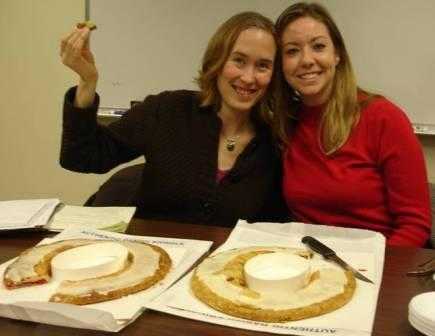Wisconsin
Objective: Evaluate the lead prevention portion of the Prenatal Care Coordination (PNCC) program View the 2008 Wisconsin Logic Model Abstract: The lead prevention portion of the PNCC program will be evaluated. This evaluation plan has been designed to measure the effectiveness of this program in two areas: 1) how well it prevents lead poisoning in children of program participants, and (2) how well it encourages program participants to have their children tested for lead poisoning by the time they turn one year of age. In 2005, the Racine Childhood Lead Poisoning Prevention Program (CLPPP) developed a 2010 Lead Poisoning Elimination Plan for the city. They are working with a committed group of stakeholders and partnering agencies to implement the plan and to evaluate progress toward achieving their 2010 goal. For this evaluation project, the Racine CLPPP proposes to evaluate the effectiveness of their lead hazard abatement program and determine the occurrence of new lead poisoning cases at previously abated properties. The results of this evaluation will be used to direct their lead poisoning elimination efforts by determining the resources and other steps necessary to abate lead-paint hazards in all Racine homes built before 1950 to eliminate future lead poisonings.  Harvard graduate students, Rebecca Lincoln and Melissa Ekstrand enjoy Kringle bread, which is native to Racine, Wisconsin.< 2008 Program Evaluation Projects
Harvard graduate students, Rebecca Lincoln and Melissa Ekstrand enjoy Kringle bread, which is native to Racine, Wisconsin.< 2008 Program Evaluation Projects
 Harvard graduate students, Rebecca Lincoln and Melissa Ekstrand enjoy Kringle bread, which is native to Racine, Wisconsin.
Harvard graduate students, Rebecca Lincoln and Melissa Ekstrand enjoy Kringle bread, which is native to Racine, Wisconsin.- Page last reviewed: June 1, 2009
- Page last updated: June 1, 2009
- Content source:
National Center for Environmental Health, Division of Emergency and Environmental Health Services


 ShareCompartir
ShareCompartir